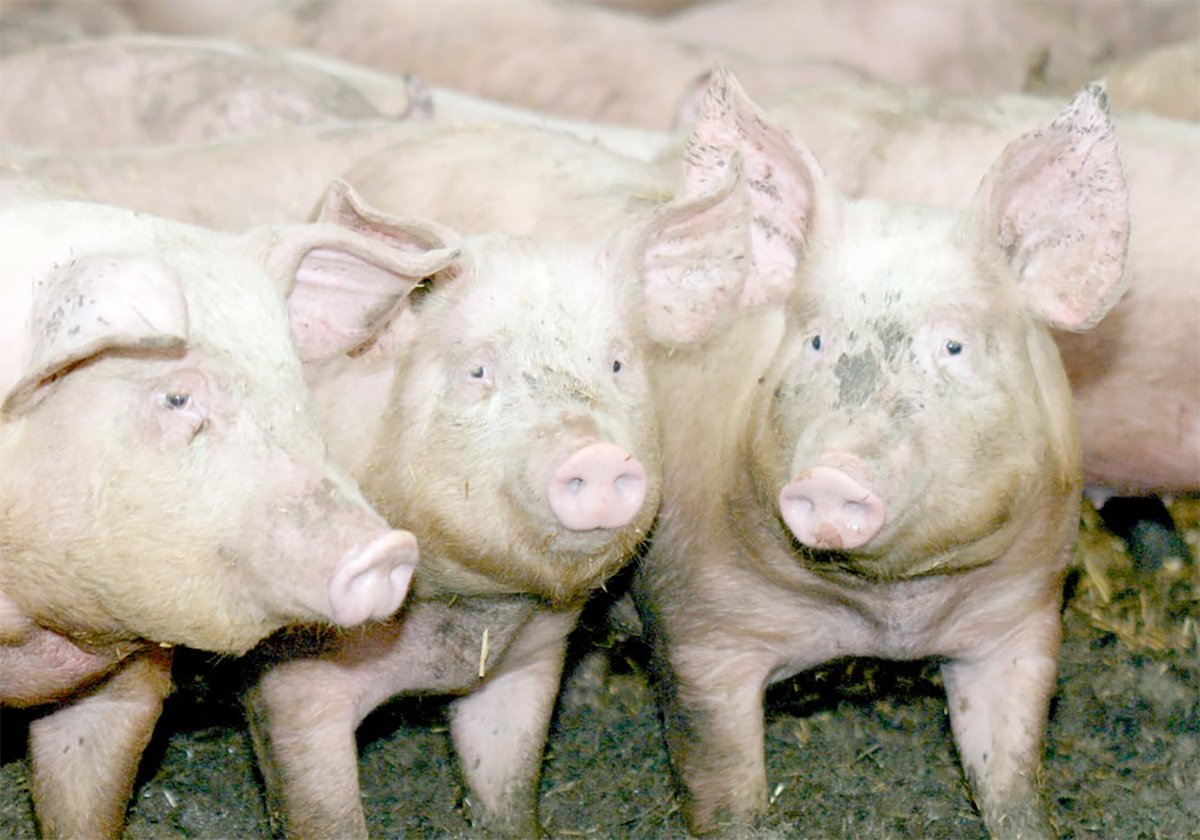SAN ANTONIO, Texas Ñ The potentially fatal E. coli bacteria is coming under attack.
Formally known as E. coli O157:H7, this strain of bacteria is a major food safety threat.
U.S. researchers have set a target to reduce E. coli human infections to one in 100,000 by 2010 and Guy Loneracan of Texas A & M University said the most recent data from 2003 shows that has nearly been reached.
He told a food safety session at the recent National Cattlemen’s Beef Association meeting in San Antonio that researchers have learned a great deal about this bacteria, which is often found in the feces and dirty hides of cattle, but there is no perfect solution.
Read Also

The Western Producer Livestock Report – November 13, 2025
Western Producer Livestock Report for November 13, 2025. See U.S. & Canadian hog prices, Canadian bison & lamb market data and sales insights.
Considerable study at the processing level proves much of the contamination can be removed through better hygiene, special washes and by cutting away fecal deposits.
Most recently, packers have experimented with a hide wash cabinet after stunning and before skinning.
“Thirty-five packing plants, not companies, in the U.S. are processing 95 percent of the cattle, so control of this bacteria is probably best handled at the packing level,” Loneracan said.
However, research also continues on how to control the bacteria before animals leave the farm.
A number of products are being studied and some have been submitted to government regulators for commercialization.
“Approval is a slow process,” he said.
Studies have focused on several prevention methods.
One is a probiotic fed to cattle before slaughter and appears to reduce the number of positive cases from manure on hides.
A Canadian vaccine is pending approval and showed nearly 59 percent bacterial reduction on the hide.
Another product, neomycin, has been approved to treat enteritis in cattle but it has not been approved to control E. coli. Efforts are under way to have it approved for E. coli treatments.
E. coli does not cause health problems in cattle but can have a serious impact on human health.















